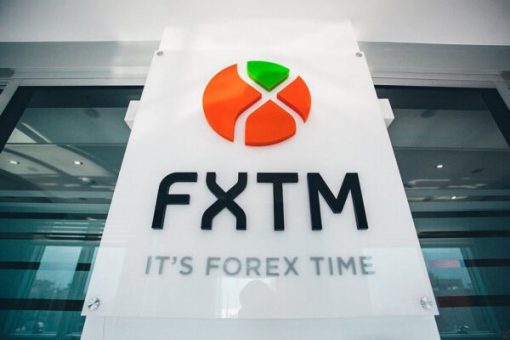
Keep up with the latest news and be part of our weekly giveaways and airtime sharing; follow our WhatsApp channel for more updates. Click to Follow us
Lukman Otunuga, Senior Market Analyst with FXTM, has analyzed the far-reaching impact of US President Donald Trump’s tariffs on countries worldwide, including Nigeria. The US implemented a reciprocal tariff on April 9, 2025, significantly affecting the global economy. Nigeria’s exports to the US, valued between $5-6 billion annually, will likely be impacted by the 14% tariff imposed on its exports.
“These tariffs may impact growth, but Nigeria is somewhat insulated since over 90% of its exports are crude oil and gas products,” Otunuga said. However, he warned that growing concerns around Trump’s trade war could tip the global economy into recession, posing a significant risk for emerging markets.
For further information, read more details here
Nigeria’s exposure to volatile oil prices is a pressing concern. Recently, Brent and WTI logged their steepest weekly losses in over a year, with crude oil shedding over 13% this month and year-to-date losses nearing 15%. This could complicate the government’s 2025 budget, which is based on oil prices at $75 a barrel.
“The sharp selloff in oil could mean more pain for the Naira, which is among the worst-performing emerging market currencies,” Otunuga noted. The Naira has already lost four per cent year-to-date versus the dollar and may extend losses if lower oil prices lead to falling foreign exchange reserves.
Upcoming economic data includes Nigeria’s latest inflation figures in mid-April. In February, the annual inflation rate dropped to 23.2%, its lowest level since June 2023, while food inflation cooled to 23.5%, its lowest rate since September 2022.
“While the decline in CPI has been attributed to a technical adjustment, further signs of cooling price pressures could spark discussions around potential Central Bank of Nigeria rate cuts in the second half of 2025,” Otunuga said.
To navigate this evolving trade landscape, Nigeria must explore strategic adjustments. The country’s youth population, accounting for 70% of its population, presents a unique opportunity for economic growth and development if properly harnessed. However, unemployment remains a concern, with the youth unemployment rate increasing to 17.3% in Q3 2023.
Promoting technical and vocational education, policy implementation, and youth employment programmes can help address this issue. Effective collaboration between the public and private sectors can create internship programs, apprenticeships, and employment opportunities for young people, driving economic development and improving actions to achieve Sustainable Development Goals
Please don’t forget to “Allow the notification” so you will be the first to get our gist when we publish it.
Drop your comment in the section below, and don’t forget to share the post.







